You might be surprised at how quickly some of your favorite foods can go bad. It’s easy to forget that certain items in our fridge or pantry need to be consumed quickly to avoid spoilage. To help you keep your kitchen fresh and safe, here’s a handy guide on foods with the shortest expiration dates. Pay attention to these items, and you’ll save yourself from unpleasant surprises and potential food waste.
Contents
Sliced Deli Meats
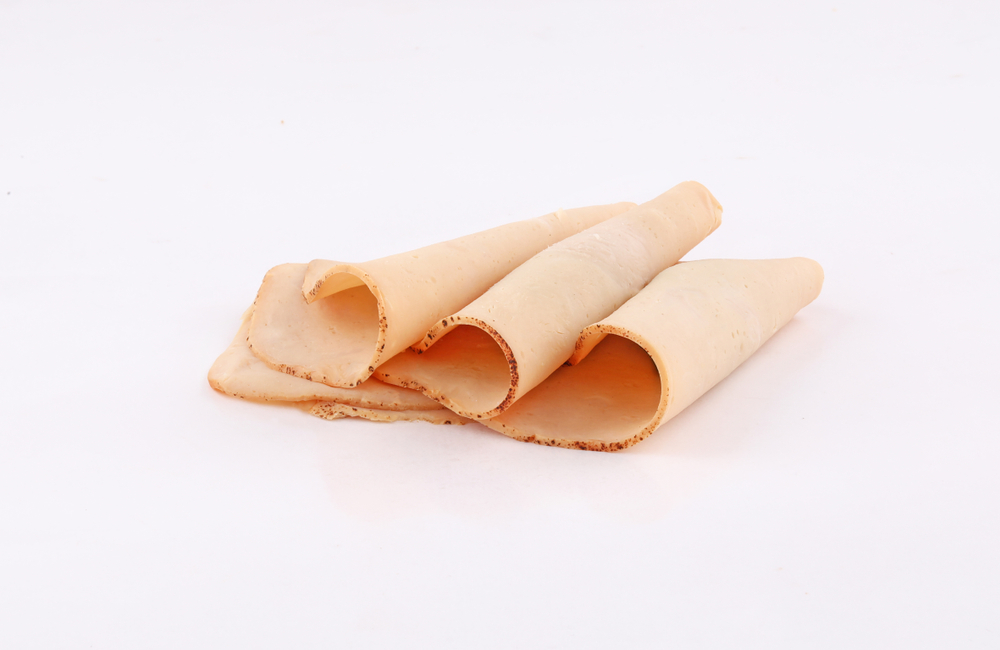
Sliced deli meats, such as turkey or ham, are particularly susceptible to bacterial contamination, notably Listeria, which can thrive even at refrigeration temperatures. According to the CDC, it’s recommended to consume deli meats within 3-5 days if purchased from the deli counter. Pre-packaged deli meats can last up to two weeks if unopened but should be eaten within a few days once opened. Proper storage is crucial; keeping these meats in the coldest part of your fridge can help maximize their shelf life. Deli meats should also be stored in airtight containers to prevent cross-contamination with other foods. Be mindful of any sliminess or off odors, which are signs of spoilage.
Fresh Berries

Fresh berries, including strawberries, raspberries, and blueberries, have a very short shelf life due to their high moisture content and delicate skin. Typically, they remain fresh for only 3-7 days in the refrigerator. It’s important to store them in their original packaging or a breathable container to allow for air circulation, which helps prevent mold growth. Washing berries before storage can accelerate spoilage, so it’s best to wash them just before consumption. Keeping them in the crisper drawer, which has a slightly higher humidity, can help extend their freshness. Signs of spoilage include mold, mushiness, and an off smell.
Leafy Greens
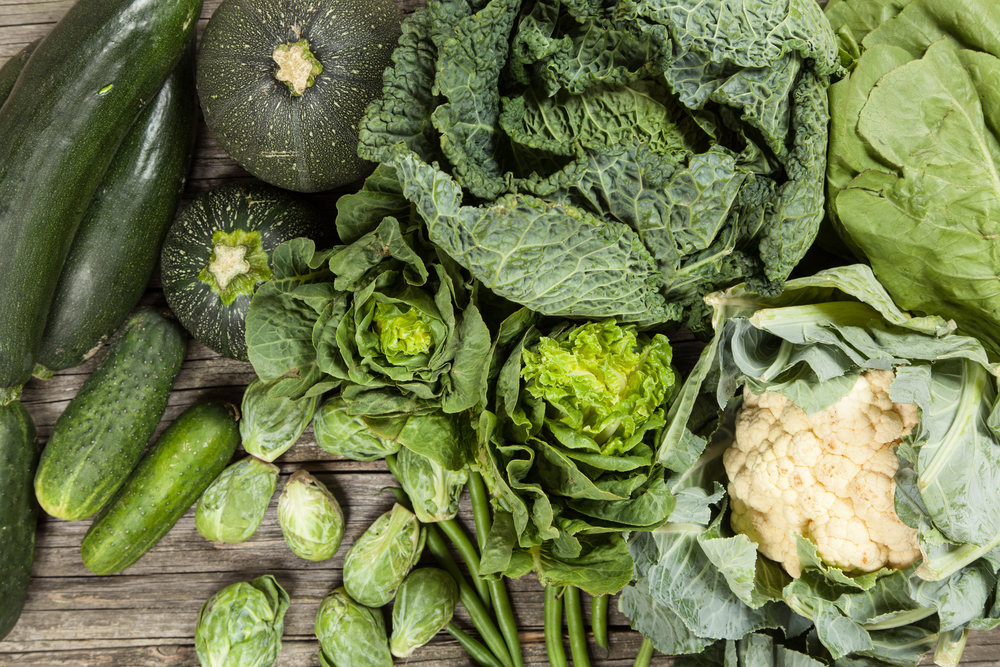
Leafy greens like spinach, kale, and lettuce have a short shelf life, typically lasting about a week when stored properly in the refrigerator. They are prone to wilting and becoming slimy if exposed to too much moisture. To extend their freshness, store them in a salad spinner or wrap them in paper towels and place them in a perforated plastic bag. This helps absorb excess moisture and maintain their crispness. It’s also beneficial to store them in the crisper drawer of the fridge, where humidity is higher. Be sure to discard any leaves that show signs of wilting or sliminess to prevent the spread of spoilage.
Fresh Fish

Fresh fish is highly perishable, often only lasting 1-2 days in the refrigerator. Its short shelf life is due to the rapid growth of bacteria that thrive in the moist environment of fish flesh. To ensure the best quality, store fresh fish in the coldest part of your fridge, ideally on ice, and use it as soon as possible. Signs of spoilage include a strong fishy odor, sliminess, and discoloration. Freezing fish can extend its shelf life for several months, but it should be done as soon as possible to preserve its quality. Proper packaging, such as vacuum sealing, can also help maintain freshness during storage.
Cooked Rice
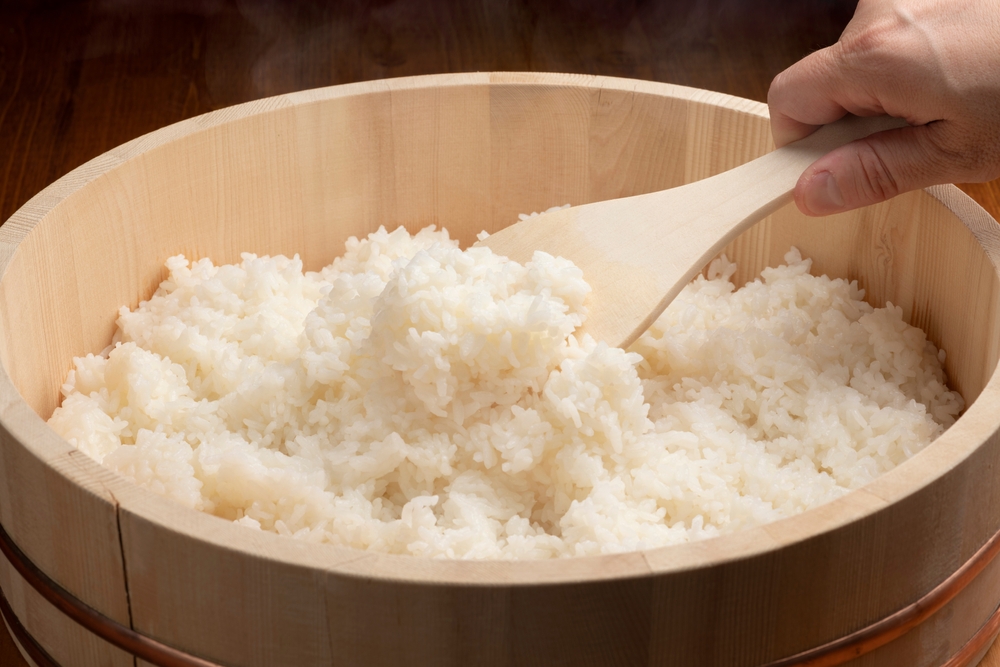
Cooked rice can spoil quickly if not stored properly, usually lasting only 4-6 days in the refrigerator. This is because rice can harbor Bacillus cereus, a bacterium that can cause food poisoning if the rice is left at room temperature for too long. To prevent this, cool cooked rice quickly and store it in airtight containers in the fridge. It’s important to reheat rice thoroughly to kill any bacteria. Discard any rice that has developed an off smell or slimy texture, as these are signs of spoilage. Freezing cooked rice can extend its shelf life for up to six months.
Soft Cheeses

Soft cheeses like brie, camembert, and ricotta have a short shelf life of about 1-2 weeks in the refrigerator. Their high moisture content makes them prone to mold and bacterial growth. To extend their freshness, store them in their original packaging or wrap them in wax paper followed by plastic wrap. This helps retain moisture while allowing the cheese to breathe. Soft cheeses should be kept in the coldest part of the fridge, typically the bottom shelf. Discard any cheese that has an off odor, excessive mold growth (beyond the natural rind), or a slimy texture.
Fresh Herbs

Fresh herbs, such as cilantro, parsley, and basil, often only last 3-7 days in the refrigerator. Their delicate leaves and high water content make them particularly perishable. To prolong their shelf life, store herbs in a jar of water with a plastic bag loosely covering the leaves, much like a bouquet of flowers. Alternatively, wrapping them in a damp paper towel and placing them in a resealable bag can help. Fresh herbs can also be frozen to extend their usability, although this may alter their texture. Signs of spoilage include wilting, darkening of the leaves, and an off smell.
Milk

Milk typically lasts about 7 days after opening when stored in the refrigerator. Its high protein and water content make it an ideal medium for bacterial growth once the container is opened. Store milk in the coldest part of the fridge, not in the door, to maintain a consistent temperature. Keeping the container tightly sealed can also help prolong freshness. Signs of spoilage include a sour smell, off taste, and curdling. Freezing milk is an option to extend its shelf life, but it can change the texture and taste.
Fresh Juice

Fresh juice, especially those without preservatives, has a short shelf life of about 2-3 days in the refrigerator. The high sugar content can encourage the growth of yeast and bacteria, leading to spoilage. To maximize freshness, store juice in airtight containers and keep it as cold as possible. It’s best to consume fresh juice as soon as possible after opening or making it. Signs of spoilage include fermentation (a fizzy taste), off odors, and changes in color. Pasteurized juices last longer but should still be consumed by their expiration date.
Bread
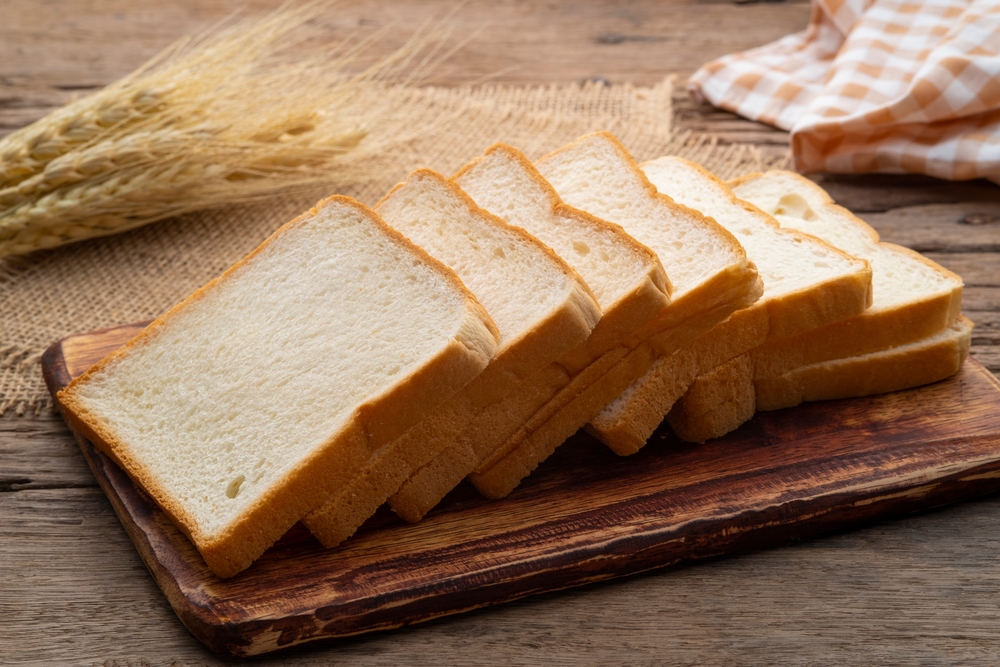
Fresh bread, especially those without preservatives, can start to spoil within 3-5 days. Its high carbohydrate content provides an ideal environment for mold growth. To keep bread fresh longer, store it in a cool, dry place, ideally in a bread box. Refrigeration can extend its shelf life but may make it go stale faster. Freezing bread is an excellent way to extend its usability for several months. Always inspect bread for any signs of mold or off smells before consuming. Homemade bread, in particular, should be eaten quickly or stored appropriately to prevent spoilage.
This article originally appeared on RetailShout
More From RetailShout
15 Items You Can Ditch for a More Minimalist Lifestyle
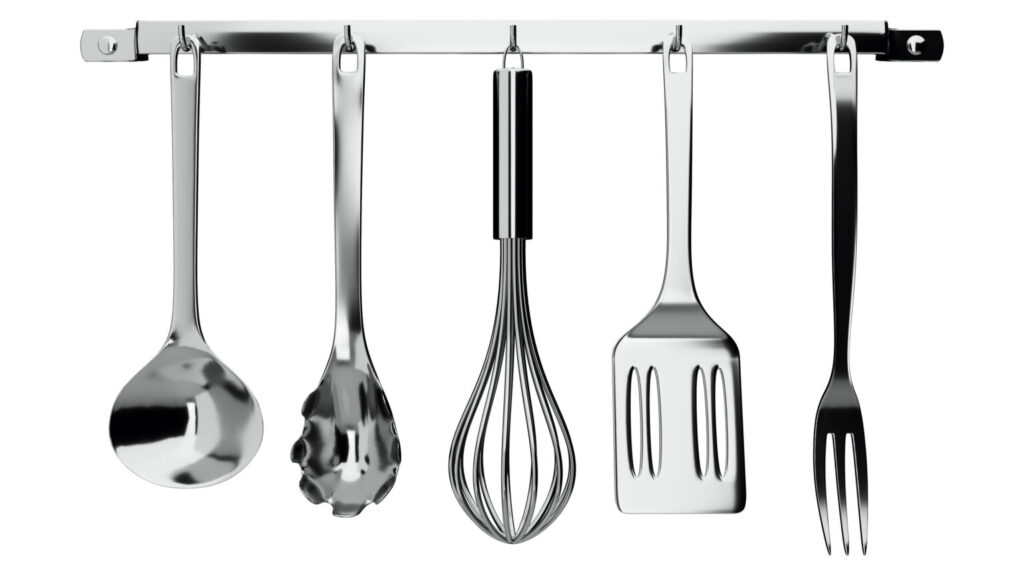
Have you ever stopped, looked around your house, and felt overwhelmed by the sheer amount of stuff you own? The clutter, the excess, the things that no longer serve a purpose but continue to occupy valuable space – all of these can contribute to a sense of chaos and stress in your daily life. Embracing a minimalist lifestyle can help you regain control and create a more streamlined, peaceful environment. Read More.
12 Cheap Dollar Tree Essentials You Won’t Find Anywhere Else
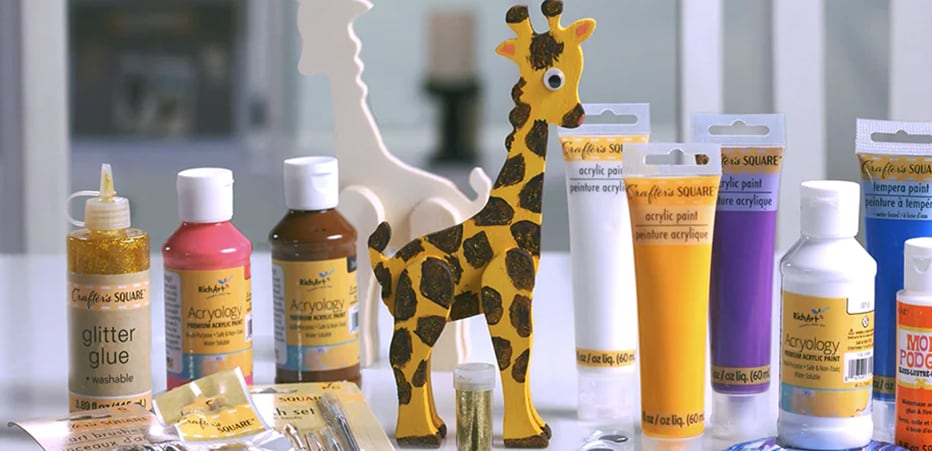
Have you ever stepped into Dollar Tree expecting their usual arrangement of budget-friendly goods, and then stumble into an unexpectedly delightful product? It’s in these moments you’ll realize that there are a lot of interesting discoveries at Dollar Tree that you will not find anywhere else. Read More.
16 Common Yard Sale Items That Are Wastes of Money

Yard sales are a treasure trove for bargain hunters and those looking for unique finds. However, not everything sold at a yard sale is a good deal. These are due to several reasons. If any of these factors are present, then the item is most definitely a waste of money. Read More.






